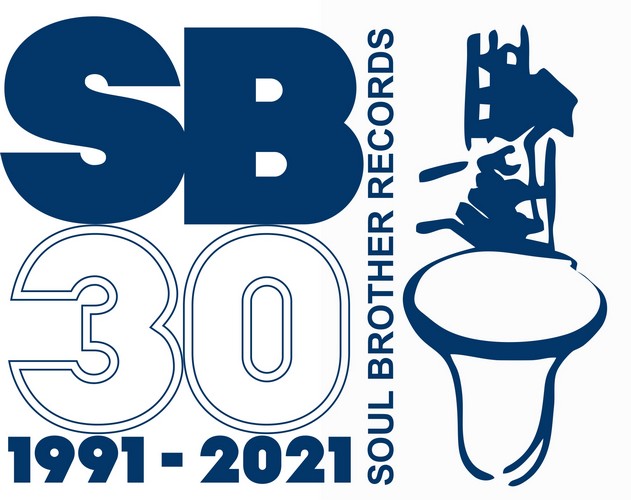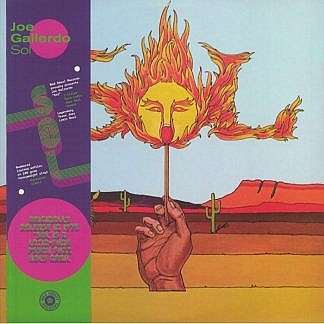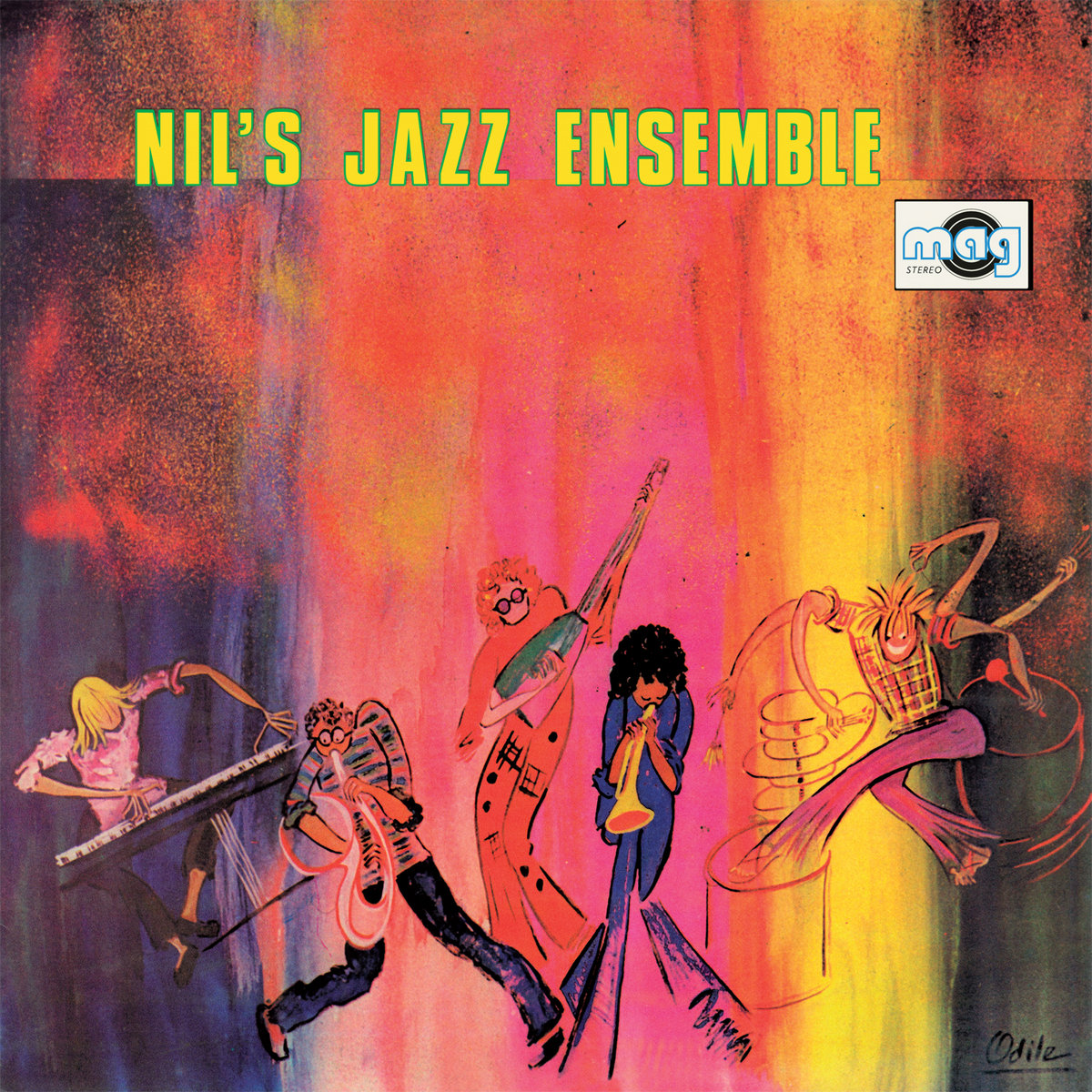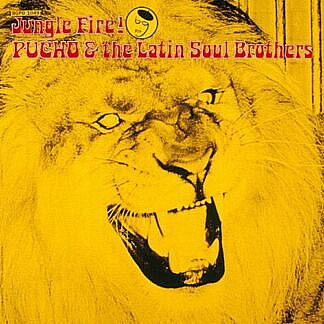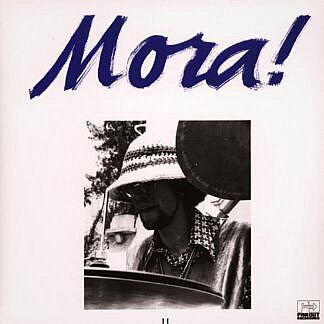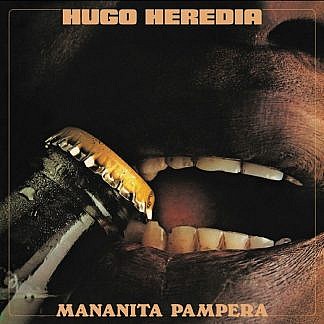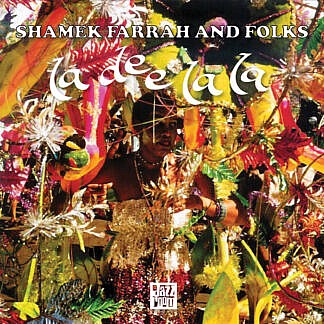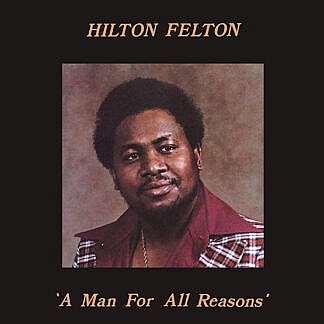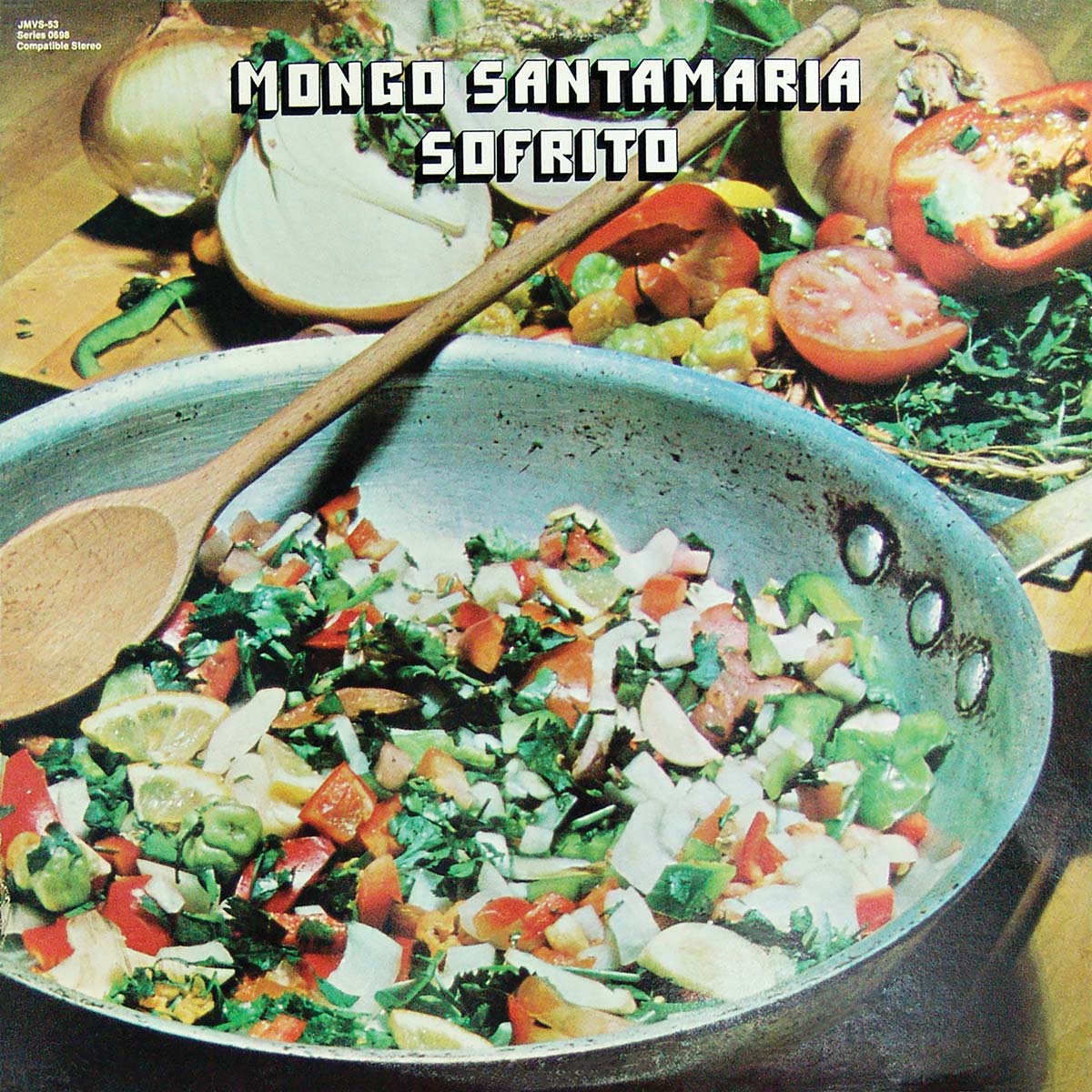
Mongo Santamaria’s 1976 Latin-Fusion classic Sofrito finally sees its first ever reissue on Craft recordings, a full analogue master courtesy of Kevin Gray at Cohearant Audio. Certainly a favourite among fans of Latin-Jazz and Fusion, it contains the kind of Afro-Cuban authenticity and heavy percussive flare that Mongo was known for, while also developing on contemporaneous American styles of music, such as Jazz-Fusion, Jazz-Funk and Disco. The original publicity from 1976 describes it as a “soulful, kaleidoscopic Latin jazz session (…) at a time when most Afro-Caribbean giants were flirting a little too closely with disco and easy listening, the Cuban percussionist’s cosmopolitan vision struck an enviable balance between the stylistic exploration of the era and a sobering commitment to the essence of Latin jazz roots…Sofrito grooves like few other records, and stands today as a paradigm of tasty 70s fusion.”
The album arrived a good 20 years into Santamaria’s musical career, during which time he’d started off as Cal Tjader’s number one pick conguero back in the 1950’s, recording classics such as Afro-Blue and Mazacote under his tutelage. Santamaria went on to play and record with artists such as Tito Puente, The Fania Allstars and Dizzy Gillespie, cultivating a reputation for himself as one of the finest Afro-Cuban congueros north of Havana, known for his unusual and idiosyncratic style of playing, angling his primary conga towards his body rather than away from it, his energetic performances and his long fingers which he would wrap with white tape to help absorb shock. He is most well known for his take on Herbie Hancock’s “Watermelon Man, a track that Donald Byrd introduced him to and, for Santamaria, a prime example of the latent link between Afro-Cuban and Afro-American music, a song that he described as a “Guajira” from Chicago! His version of the track went on to become number ten in the US R&B charts in 1962 and a hit record across Latin America, receiving its induction to the Grammy Hall of Fame in 1998.
With Mongo sticking primarily to conga duties, he opens up space for other percussionists to dialogue and build ideas around him, offering a number of players—Steve Berrios, Angel Maldonado, Julito Collazo, Greg “Peachy” Jarmon—the opportunity rhythmically engage alongside. Although Santamaria was a maestro in his own right, this album feels like a process of shared ideas rather than a solo tour de force, showing his generosity in affording space for his band members to shine, notably keyboardist Armen Dornelian and bassist William Allen. The key track on the album—recently covered and made popular again by Sunlightsquare and Dave Doyle—O Mi Shango, starts off with a heavyweight bata drum workout, evoking a raw, guttural and tribal energy that swaggers unimpeded throughout the song. Electric piano crops into the frame alongside a refined and well drilled horn section, inundating the listener with cool stabs and raucous harmonies amid relentlessly frantic and shuffling percussion. Overall, a wild melange of West-African and Latin-American themes over-scored by a call and response tribal vocal, the language of origin either being West-African or some sort of Caribbean pidgin/creole. A heavy duty track with a deep, African register that keeps on driving, channelling the ancestral rhythmical pulse of the African diaspora while examining the deeper foundations of Latin music.
Another key track is Secret Admirer, a four-to-the-floor number spilling over with synths and horns with señor ghost-notes Bernard Purdie on trap, a funky slab of Latin-Disco that fans of Ricardo Marrero could certainly get to. For those of you after some rawer, passionate and emotional Salsa, the album’s title track Sofrito fits the bill here, a slow and romantic number that hinges on a down-tempo tumbao, a track ripe for a summers day and a slow dance with your lady. The final track of the album, Princess, is a perfect example of Santamaria’s “stylistic exploration” into Jazz-Fusion, a futuristic sounding and lushly orchestrated piece with cascading Fender Rhodes and a punchy horn section, funkitized synthesisers whirl and coruscate as moog and electric bass double up on each other to create a chunky, bouncy low-end. Interestingly, Princess is the only track on the album that features a conga solo from Santamaria, an understated and expertly timed piece of playing where Santamaria comes into his element with some hard handed extravagance, toying with the rhythmic possibilities of the framework he’s playing in while possibly saving his best performance on the album til last—good things come to those who wait.
Buy the LP HERE
Check out the full album HERE
